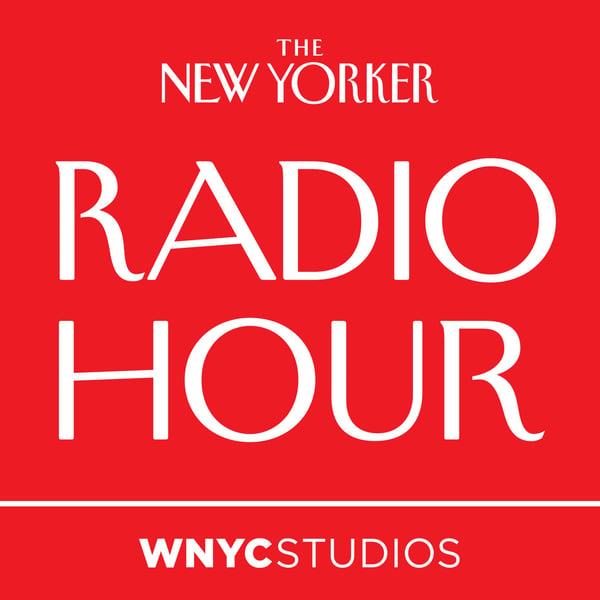Will the End of Affirmative Action Lead to the End of Legacy Admissions?
The New Yorker Radio Hour
WNYC Studios and The New Yorker
4.2 • 5.5K Ratings
🗓️ 11 August 2023
⏱️ 31 minutes
🧾️ Download transcript
Summary
The practice of legacy admissions—preferential consideration of the children of alumni—has emerged as a national flash point since the Supreme Court banned affirmative action in June. Even some prominent Republicans are joining the Biden Administration in calling for its end. David Remnick speaks with the U.S. Education Secretary, Miguel Cardona, about the politics behind college admissions. Cardona sees legacy preference as part of a pattern that discourages many students from applying to selective schools, but notes that it is not the whole problem. How can access to higher education, he asks, be more equitable when the quality of K-12 education is so inequitable?
Plus, Jeannie Suk Gersen, a professor at Harvard Law School, looks at the problems facing admissions officers now that race cannot be a consideration in maintaining diversity. Gersen has been reporting for The New Yorker on the legal fight over affirmative action and the movement to end legacy admissions. She speaks with the dean of admissions at Wesleyan University, one of the schools that voluntarily announced an end to legacy preference after the Supreme Court’s decision on affirmative action. “So far, the responses have been overwhelmingly positive,” Amin Abdul-Malik Gonzalez tells her. “But we’re obviously some time removed from the results of the decision. . . . I think it’s both symbolic and potentially substantive in terms of signalling our value to not have individually unearned benefits.”
Transcript
Click on a timestamp to play from that location
| 0:00.0 | This is The New Yorker Radio Hour, a co-production of WNYC Studios and The New Yorker. |
| 0:10.6 | Welcome to The New Yorker Radio Hour, I'm David Remnick. |
| 0:13.9 | In 1935, the young John F. Kennedy sent his college essay to the admissions department |
| 0:20.1 | at Harvard, and here it is in full. |
| 0:23.5 | The reasons that I have for wishing to go to Harvard are several. |
| 0:26.8 | I feel that Harvard can give me a better background and a better liberal education than any other |
| 0:32.0 | university. |
| 0:33.0 | I've always wanted to go there as I have felt that it is not just another college, but |
| 0:37.6 | is a university with something definite to offer. |
| 0:41.2 | Then too, I would like to go to the same college as my father. |
| 0:45.4 | To be a Harvard man is an enviable distinction and one that I sincerely hope I shall attain. |
| 0:52.4 | That was it. |
| 0:53.4 | That was the whole essay. |
| 0:54.4 | If ever there was an example of the presumptions of privilege to say nothing of weak writing, |
| 1:00.5 | well, there it is. |
| 1:02.2 | And by the way, he wrote almost the exact same essay for his application to Princeton. |
| 1:08.7 | Kennedy of course graduated from Harvard as did his father, who was at that time one of |
| 1:13.4 | the richest men in the United States. |
| 1:16.5 | But maybe times are changing. |
| 1:18.9 | Harvard is now the target of a lawsuit on legacy admissions, which of course favors the |
| 1:23.6 | children of graduates. |
| 1:25.8 | Graduates who, almost inevitably, are in the upper income brackets. |
... |
Please login to see the full transcript.
Disclaimer: The podcast and artwork embedded on this page are from WNYC Studios and The New Yorker, and are the property of its owner and not affiliated with or endorsed by Tapesearch.
Generated transcripts are the property of WNYC Studios and The New Yorker and are distributed freely under the Fair Use doctrine. Transcripts generated by Tapesearch are not guaranteed to be accurate.
Copyright © Tapesearch 2025.

